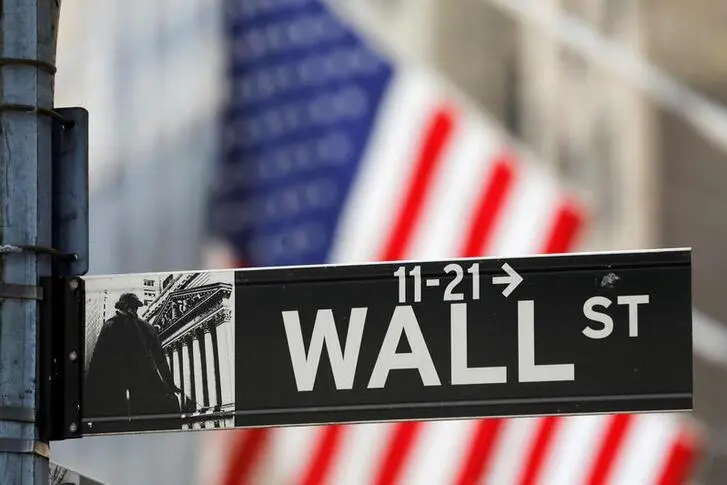PHOTO
ORLANDO, Florida - For equity investors, bigger is not always better, especially when the entire market's returns rely so much on so few mega stocks.
That's exactly how the S&P 500 looks today, and it doesn't bode well for returns tomorrow - either for the market cap monsters themselves or the broader index.
Periods of narrow market leadership typically lead to slower growth for the overall index in the year after, while top 10 stocks' returns typically fall off a cliff in the years after they join that exclusive club.
It remains to be seen whether that plays out once the artificial intelligence (AI) frenzy currently dominating markets starts to fade. Perhaps it will be different, and AI drives a productivity boom that boosts earnings across the board.
Right now though, the market has never been more top-heavy and the share of market constituents outperforming the broader index has never been lower.
The NYSE FANG+TM index of mega tech stocks is up 65%, compared with the S&P 500's 10%; just seven tech stocks have driven all of the S&P 500's positive returns this year, according to Barclays; and the combined weight of five tech stocks - Apple, Microsoft, Alphabet, Amazon and Nvidia - is over a quarter of the index.
That's a record share for five stocks.
Few would argue that this is sustainable. But the market may be more vulnerable than even these numbers suggest, research shows.
According to Ed Clissold at Ned Davis Research, the percentage of stocks outperforming the S&P 500 this year is just 24.5%. If that holds to Dec. 31 it will be the lowest in at least 50 years.
And it is shrinking. The percentage of S&P 500 stocks outperforming the index on a rolling three-month basis is just 20.3%, a record low.
Clissold says that the S&P 500's one-year gain after periods of relative strength by a small group of large caps is an average 1.8%. That's significantly below the average of 8.2% over any given 12-month period in the past 50 years.
"The AI scene could keep this narrow rally going, but ultimately, a year out, the message for the market is – either we have a substantial correction, or a broadening out needs to happen," he said.
TOP 10 CLUB
Debate over the narrowness of the market rally has intensified after chipmaker Nvidia was briefly catapulted into the $1 trillion company club alongside Apple, Microsoft, Amazon and Alphabet.
These five stocks account for over a quarter of the S&P 500's $36.78 trillion market cap, and the top 10 account for a third of the total. A place at the top table reflects a successful past, but portends a far less profitable future.
Analysis from asset management firm Dimensional shows that, between 1927 and 2021, the average annualized outperformance of a company before becoming a top 10 market cap stock was 11.3% in the decade before, 20% in the five years before, and 26.3% in the three years before.
Contrast that with the relative performance against the index in the three, five and 10 years after becoming a top 10 stock: up 0.7%, down 0.6%, and down 1.5%, respectively.
They cite Google as an example - its annualized excess returns five years before it became a top 10 stock dropped by about half in the five years after it joined the list.
"By the time they get to be big, they have no tether to valuation," says Meb Faber, co-founder and chief investment officer of Cambria Investment Management. "Nvidia is a good example."
Nvidia's 12-month forward price/earnings ratio was above 60.0 just before its blowout sales forecast on May 24. The stock is getting cheaper thanks to the surge in predicted revenues, but a PE of 45.0 is still well above the industry average of 18.35, according to Refinitiv.
Investors intuitively know that companies can't grow at the same pace indefinitely and as the small print says, past performance is definitely no guarantee of future results.
But to paraphrase former Citigroup chief Chuck Prince's infamous comments in 2007, as long as the music is playing investors will dance to whatever tune is leading the party.
As Cambria's Faber says, paying high multiples for any security over any period of time is a "terrible idea," adding: "It's only a matter of time before this run reverses or collapses."
(The opinions expressed here are those of the author, a columnist for Reuters.)
(By Jamie McGeever; Editing by Andrea Ricci)





















